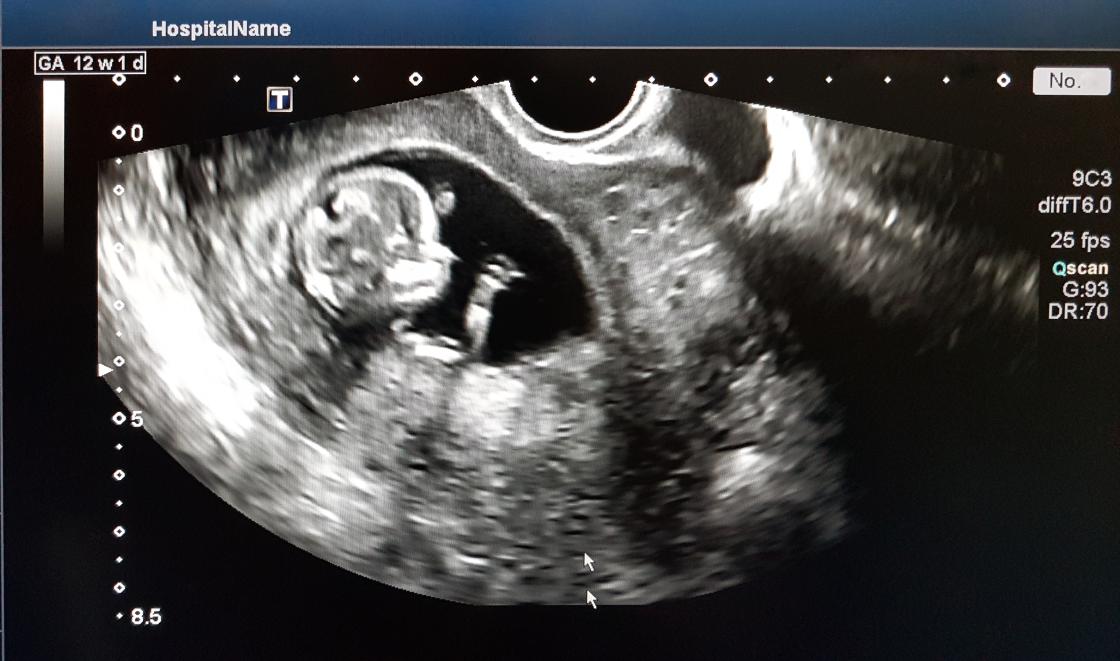This project is made up of four research studies:
Study 1. Cohort characteristics - this study intends to explore the psychiatric morbidity of those receiving ART. This will explore the numbers and experiences of people with specific diagnoses with severe mental illness and receiving ART, compared to those with severe mental illness (SMI) who have conceived naturally.
Study 2. Describing the risk factors of ART and SMI - this study aims to explore the risk of SMI following ART. It is hypothesised that ART will not increase the risk of SMI. However, those with a more recent episode of SMI prior to ART (<5 years) would have increased vulnerability to SMI after birth. This is therefore an important area of research with regards to screening procedures prior to treatment.
Study 3. Risk associated with postpartum psychosis (PPP) - this study aims to explore the risk of PPP following ART compared to natural conception. It is hypothesised that the women who undertake ART are at an increased risk of PPP in comparison to women who conceived naturally. We propose that if there is a marked increase in prevalence of PPP in the ART group this is not due to the treatments women are exposed to in ART- but due to confounding variables such as maternal characteristics and ART associated post-pregnancy complications.
Study 4. Investigating treatment outcomes of those with a prior diagnosis of psychosis - this study aims to investigate the impact of a historic diagnosis of SMI on the success of ART treatment outcomes. Historic diagnosis of SMI will be identified through the Clinical Record Interactive Search (CRIS) database. Outcomes including number of cycles and successful pregnancy will be explored. We hypothesise that women with a SMI prior to ART treatment would have poorer treatment outcome than those without.
How the project will be carried out
The research team aim to link the CRIS databases with the Human Fertilistion and Embryology Authority (HFEA) to create a fully anonymised individual level set of data for all people who live in the South London and Maudsley NHS Foundation Trust (SLaM) and local catchment area who have received ART. This includes people who live in the London boroughs of: Lambeth, Southwark, Lewisham, and Croydon.
Potential benefits of the research to people in south London
This research will provide a strong evidence-base to improve understanding of people’s risks and experiences, informing service improvement, and guiding targeted intervention to improve outcomes and experiences of those using ART. Findings from this research will provide benefits to both individuals and NHS, including improved wellbeing and significant economic savings. As south London has a socially and ethnically diverse population, the findings of this research will be more informative to provide evidence to support women from these populations undergoing ART.
The project was adopted by ARC South London Executive in March 2020. It is funded by the Psychiatry Research Trust (KCL) from the Chairman's Fund and will be completed by January 2022.

